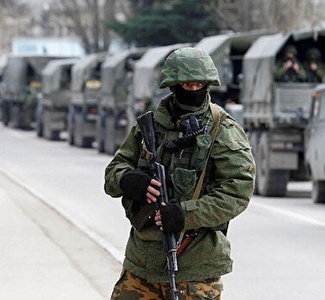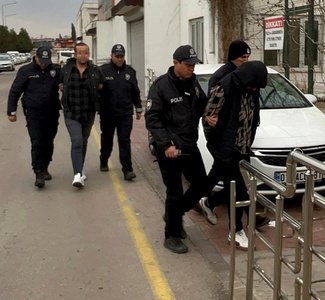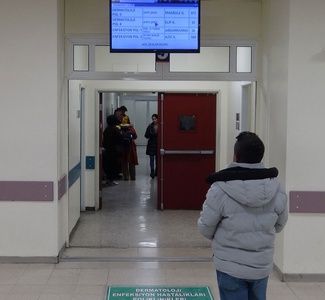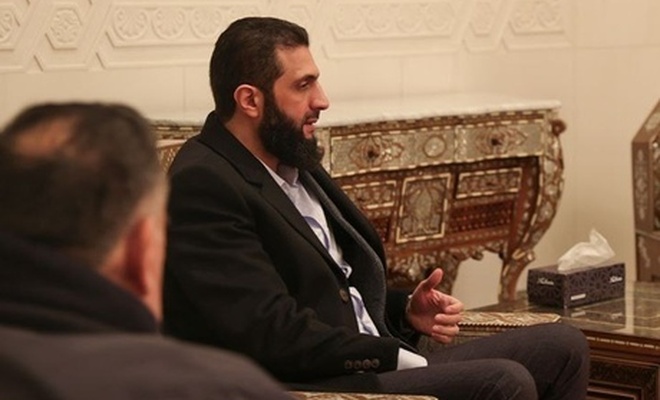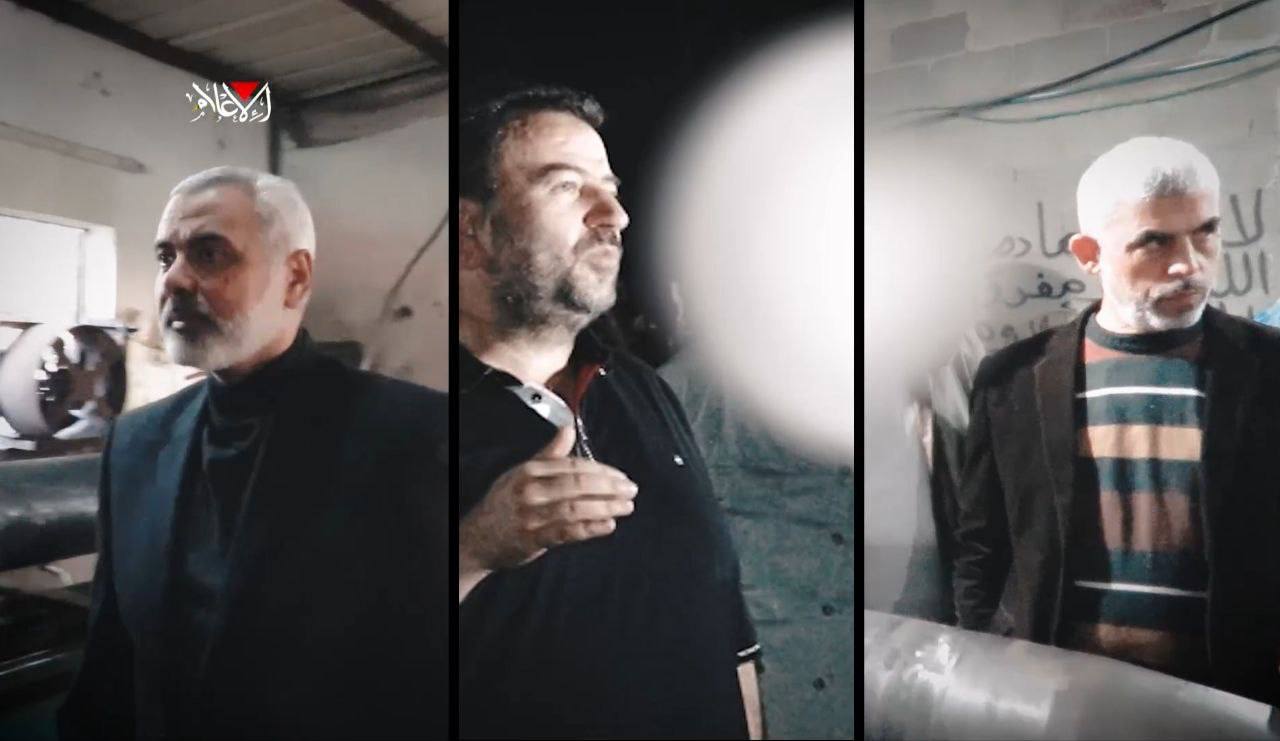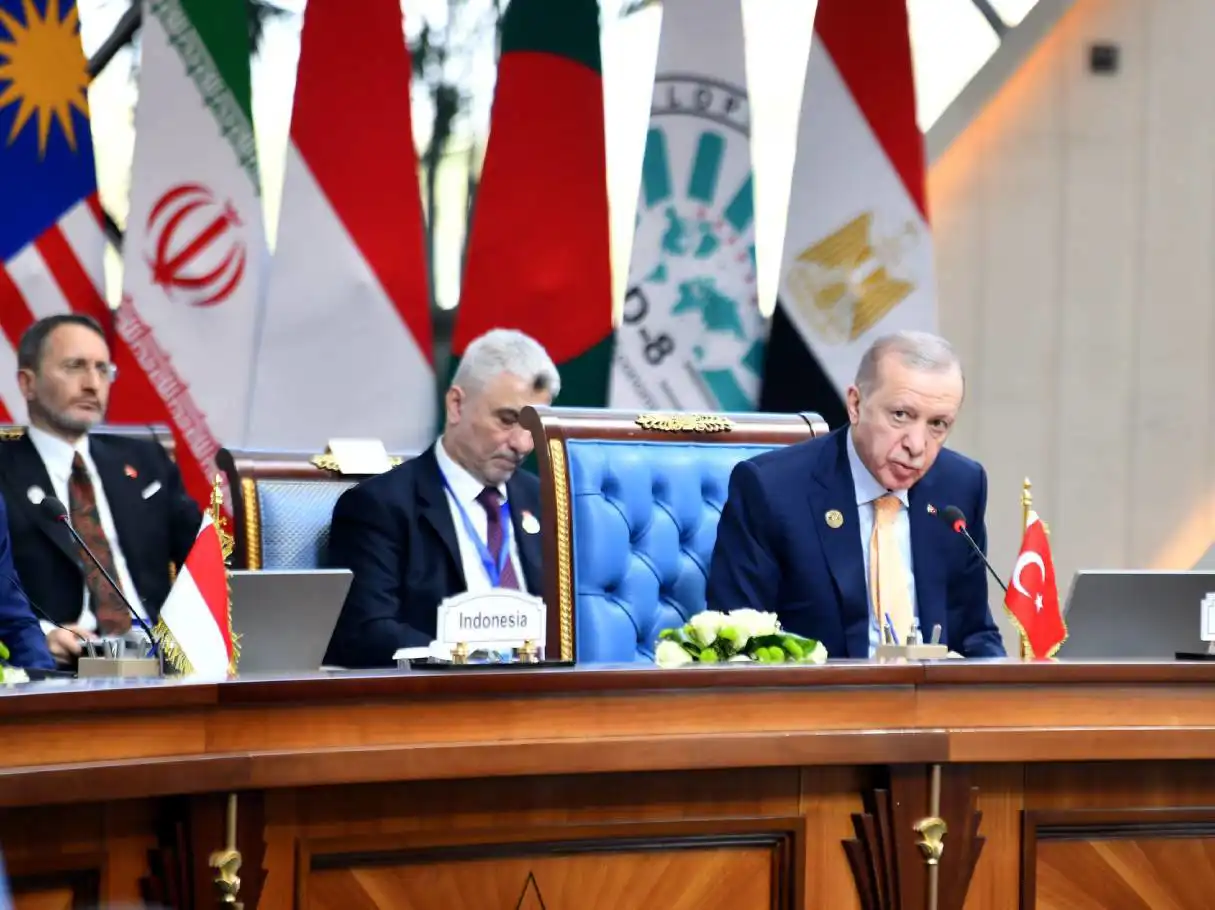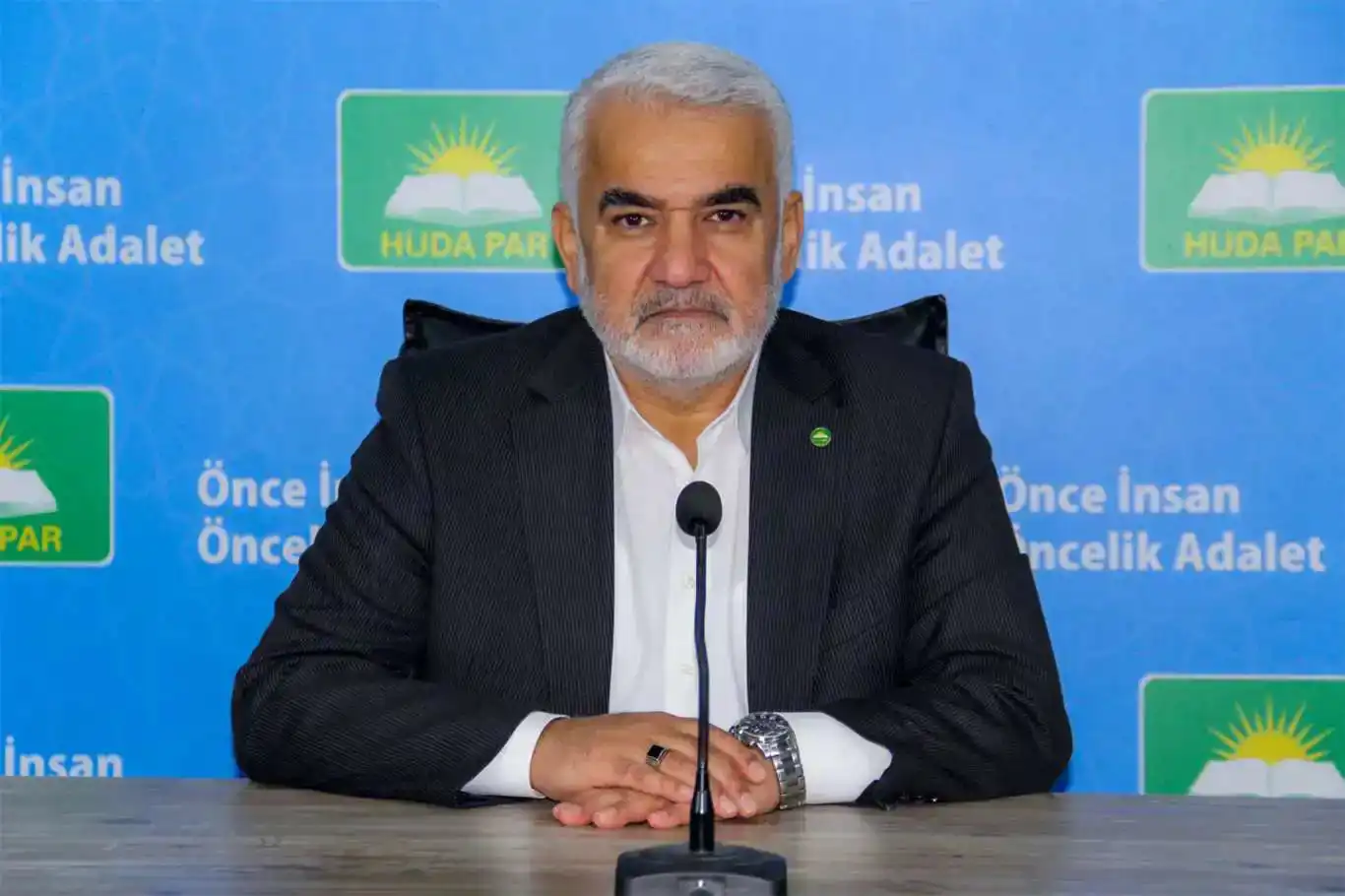Azerbaijan slams France for biased views on Karabakh peace process
Azerbaijan's Foreign Ministry has slammed French President Emmanuel Macron for his "biased views" on the Karabakh peace process.

 Google News'te Doğruhaber'e abone olun.
Google News'te Doğruhaber'e abone olun. In a statement issued today, Hajizada accused Macron of presenting biased views that undermine the ongoing peace process in the region while allegedly favoring Armenia.
Hajizada emphasized: "President Macron's biased views reiterated during the Ambassadorial Conference of August 28 undermine the peace process, while creating wrong impression on the current situation in the region and unilaterally defending Armenia."
The spokesperson further noted that Macron's comments were indicative of what Azerbaijan sees as an "erroneous policy" on the part of France. He pointed out that France's condemnation of Azerbaijan's 44-day Patriotic War, which led to the liberation of Azerbaijani territories, is inconsistent with the UN Charter and international law. Hajizada also criticized France for allegedly failing to condemn Armenia's acts of occupation and aggression against Azerbaijan over the past three decades, as well as not addressing the humanitarian situation of up to 1 million refugees and internally displaced persons (IDPs) from Azerbaijan.
Hajizada stated: "Expressions such as 'Lachin humanitarian corridor' by French President, as well as coercive narrative is unacceptable, and is disrespectful for the territorial integrity and sovereignty of Azerbaijan." He went on to highlight Azerbaijan's efforts to facilitate the passage of Armenian residents through the Lachin road and the border checkpoint on a daily basis, while also providing alternative routes for the transportation of goods. Hajizada accused Armenia of politicizing these efforts and hindering the implementation of agreements reached earlier in August.
The spokesperson also questioned France's commitment to peace and security in the region. He remarked, "It would be more useful for France, who states that in Prague they were authors of the EU mission and the initiative to recognize each other’s borders under the Alma-Ata Declaration of 1991, to answer the question of why they did not come up with such initiatives for almost 30 years, when the territories of Azerbaijan were under occupation."
Hajizada concluded by asserting Azerbaijan's determination to ensure peace and security in the region and stated that any external interference that hampers this process will be firmly opposed.
The conflict over Nagorno-Karabakh is a long-standing dispute between Azerbaijan and Armenia. The region is internationally recognized as part of Azerbaijan, but it is controlled by ethnic Armenians.
The conflict escalated into a full-scale war in the early 1990s following the dissolution of the Soviet Union. The war ended in a ceasefire in 1994, but the conflict has remained unresolved.
In 2020, the conflict reignited, leading to a 44-day war. Azerbaijan emerged victorious from the war, recapturing most of the territory that had been under Armenian control.
The two countries have since agreed to a number of peace agreements, but the process has been slow and difficult. (ILKHA)





































